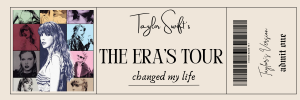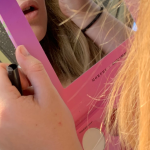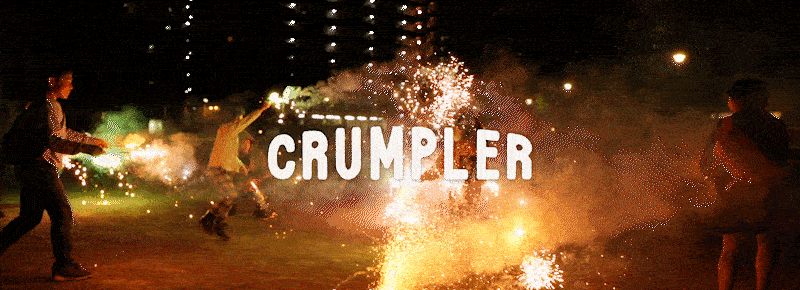Knowledge is our great equaliser. Apart from our studies, the most common form of knowledge gains we experience on a daily basis is news media. It’s everywhere, on our phones, our laptops, newspapers, billboards, radio, television and word of mouth. The news keeps us in tune with what is happening in the world. But, it seems that for every piece of good news we hear, there are another three negative news stories.
Bad News: It’s hurting our mental health.
We wake up every morning and hear bad news. We hear word of a plane crash, a refugee crisis, a terrorist attack, a murder, an armed robbery. Each morning another famous person’s dark side comes to light with accusations of embezzlement, employee mistreatment or sexual assault. Studies at the University of Sussex explain that the way we consume news has exposed us to much more news, mostly negative, and the human brain’s “negativity bias” makes us search it out even more.
In epistemology terms, we are hardwired to tune in to bad news. Our brain looks for things that can hurt us; it goes back to our danger-detecting days. That’s partly why you tune in when you see an article about a pileup on the highway or a kidnapping, this could have happened to you.
In addition, our news is much more graphic these days. Back before technology revolutionised the way we consume news, a king hit out the front of a bar would get a few sentences in a newspaper. Now, we watch it happen on CCTV footage, we watch the altercation and a young man lying on the footpath in the aftermath. It’s virtually impossible not to have an emotional response to footage like that. The overload of negative and highly-emotional news coverage can give readers the symptoms of acute stress, such as shock and trouble sleeping. This news has even been found to be mood-altering for a significant period of time after hearing it; releasing cortisol, a stress-related hormone, after reading.
Personally, reading the news depresses me. I think back to hearing of the Stoneman Douglas High School shooting in the USA, waking up to find out about the killing of Aiia Maasarwe in Melbourne, or reading about disease outbreaks around the world. Those stories are difficult to read and even harder to digest, and I can’t help but feel that the world I’m living in looks more and more desolate with every story that drops.
But, what can we do about it? We could opt out and stop reading the news. Some of my friends and family refuse to because it stresses them out to listen to what the President of The United States has said or hear about the health crisis in Yemen. Rolf Dobelli, a writer for The Guardian, agrees. He says that the news cycle is toxic and “at least partially contributes to the widespread disease of depression”. His solution is that we should disengage from the news that doesn’t directly relate to our lives because we are polluting our minds with worries unnecessarily.
I respectfully disagree with Rolf.
The news is how we as young people, form our moral compass. Through reading the news, we figure out what is and is not acceptable from our perspective, it becomes our world view. When the news makes us feel despondent, it is triggering our sense of empathy. We as humans are empathetic creatures. It is normal to feel empathy for people who aren’t unlike ourselves. Beyond this, when we don’t agree with what is going on around the world, we can engage with what we are reading and enact change. Knowledge is power. When you hear about the bushfires in Tasmania, find out how you can help. When you hear about a spike of drink driving crashes, encourage those around you to think before they get on the road.
When we tune out of the news, the connection between us and the people we are reading about severs. There is no chance for digestion or action. To be passive to bad news is to turn our backs on what is happening in the world. And it will happen, whether we read about it or not. Also, it is a privilege, not a right, to be able to turn off the news and walk away. If you can do that, then none of the awful things we read about are happening to you.
I personally suggest that we read the news out of obligation, not choice. It’s important to comprehend the world we live in and discern how to change what injustices we can.
Bad News: the news sucks. Good News: If we are aware of the news we read, we can impact it. Read on.







